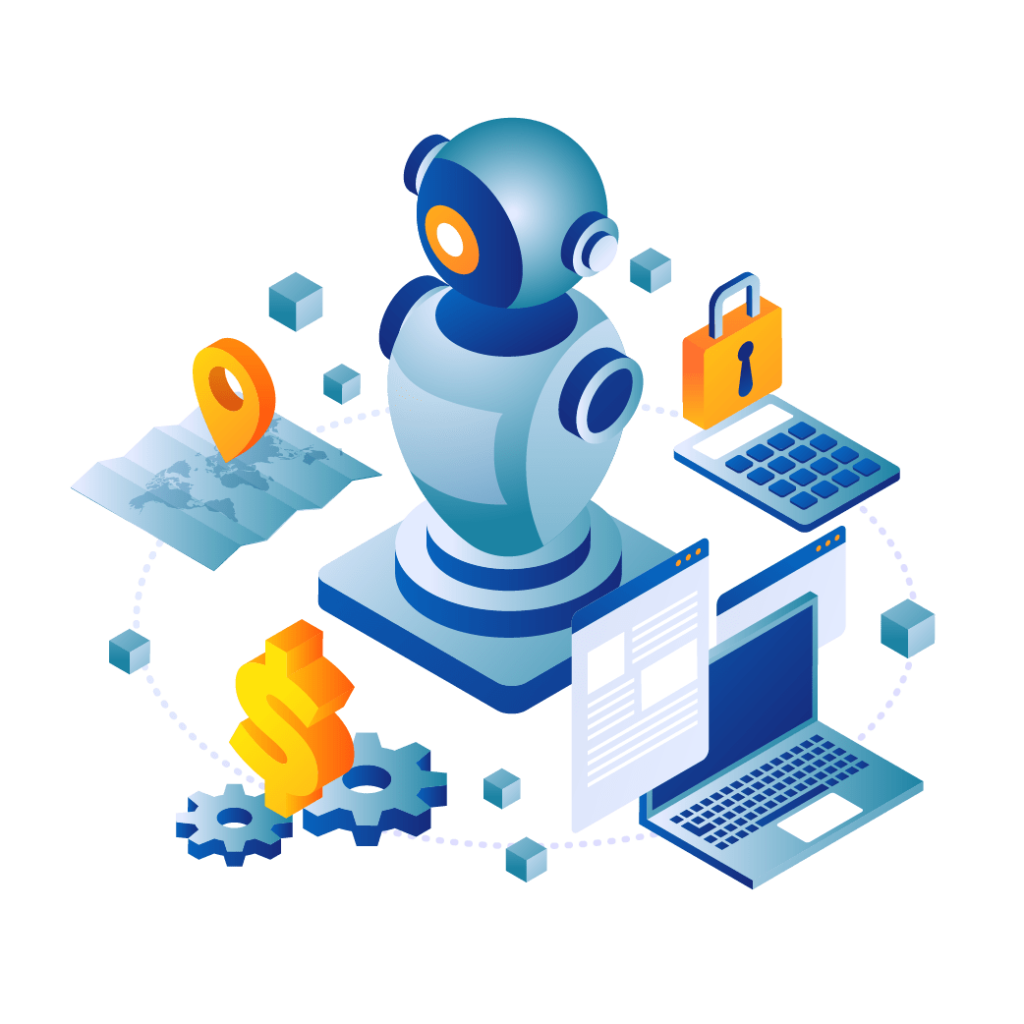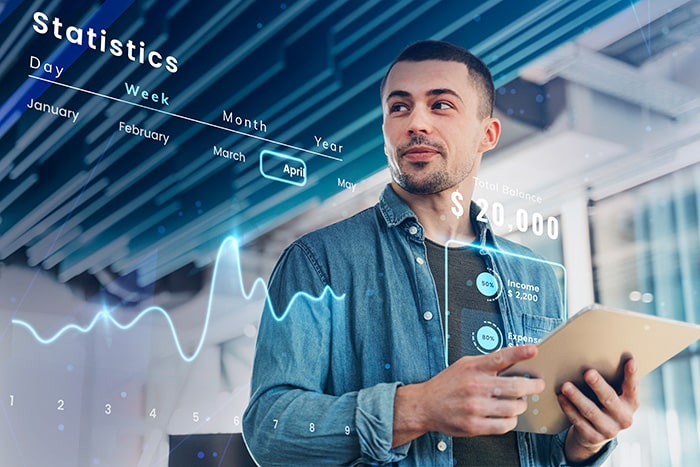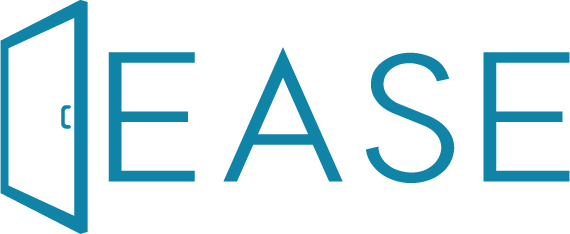
Understanding Fractional CFO Services
In today’s competitive landscape, effective financial leadership is essential for businesses of all sizes. However, the significant cost of hiring a full-time Chief Financial Officer

AI is the newest player in the accounting and bookkeeping field. Overall, AI has the potential to both wreck businesses, and give efficiency superpowers to others. Clearly you want your business in the second category, not the first.
Here’s our guide to some of the best ways you can put AI to work in your business’ accounting and bookkeeping.
Think of AI as the ultimate financial assistant – but not one that can take the place of a good bookkeeper or accountant.
While AI can play a valuable role in accounting, you still need an expert accountant who can ensure that your records are 100% accurate, your business is compliant and keep a handle on a number of human elements that an AI tool is not 100% proficient at.
AI does shine as a number-cruncher and data organizer, leaving you and your employees free for higher-level decision making and customer relationships.
Data has always been king in accounting and bookkeeping, and across businesses. The more relevant information you can have when making a decision, the better off you usually are. And AI can process that data much faster than humans ever can.
AI accounting means learning how to marry AI capabilities with the financial side of your business to be more efficient and deliver more valuable insights and advice for you.

There are many ways AI can work its way into accounting and bookkeeping. Most are data-heavy tasks that were reserved for low-level analysts. Right now, AI can create report and give preliminary suggestions. Here’s few possible ways that AI could we used in accounting and bookkeeping.
When it comes to reviewing financial statements, accountants can spend a significant amount of time reviewing those statements and original company records. If they can feed that data to an AI tool instead, it can assist with their audit process, catching errors and minimizing the time required.
Of course, this doesn’t mean that it’s possible to completely replace a human when it comes to something as important as an audit. An AI can catch errors if they’re anomalies, but they aren’t so good yet at catching errors if they are in a pattern. Since AI models learn by following patterns, a pattern of errors may look like it’s “supposed” to be there.
Since AI is so good at learning and extrapolating patterns, it could be very good at looking at past data to predict future results. Cash flow forecasting is an important, often-neglected job in a business.
Calculating cash from accrual revenue can be a time-consuming process, but not anymore. Feed an AI tool your accounting reports, bank statements and other records, and allow it to spit out your business’ cash needs.
You will have information you can use for the health of your business. Whether you need to build up an emergency fund for a slow quarter, raise prices, or consider new financing sources, a cash flow forecast report can give you intelligent suggestions for your business.
Not all accountants have to deal with this, but some businesses may need their accountants to do risk analysis work. This could be creditworthiness, purchase decisions, wealth management, or even finding blockchain anomalies in crypto transactions.
As an example, if you’re considering purchasing a business, you could feed the financial statements and other documents into an AI model and ask it to evaluate the entity.
Because of the sensitive nature of this kind of work, it’s something that humans need to supervise to make final decisions.
And finally, one of the most useful AI use cases lies in the global economy. AI is capable of collecting and organizing data for transactions in multiple different transactions and currencies.
If you do global ecommerce, you have multiple different currencies and tax situations to manage. AI can help by categorizing transactions, performing currency conversions, and keeping different countries’ sales tax statutes in one place.
AI is fast, sleek, and cool. It can perform many of the tasks of low-level employees in a fraction of the time and sometimes, for a fraction of the cost. Learning how to implement AI in your business’s bookkeeping could put your business at the forefront of market efficiency.
But at the same time, AI is a new and imperfect technology. It can be expensive to implement and faulty to train. AI models learn every time you feed them data. Only perfect data leads to perfect results. Real-life data is not perfect: it doesn’t follow perfect patterns, and doesn’t follow perfect rules every time. Over time, this can lead to imperfections in the AI output.One thing is for sure, the future is exciting. We’re looking forward to seeing how AI and accounting merge to provide efficiency in back office support and deliver greater benefits for you as the business owner.

In today’s competitive landscape, effective financial leadership is essential for businesses of all sizes. However, the significant cost of hiring a full-time Chief Financial Officer

In today’s fast-paced business world, getting your finances in order is key. From small startups to established businesses, everyone’s looking for ways to make their

Businesses frequently use outsourcing as a way to increase efficiency, save costs, and simplify operations in today’s international market. Offshore and back-office outsourcing are two

1048 Irvine Ave #728
Newport Beach